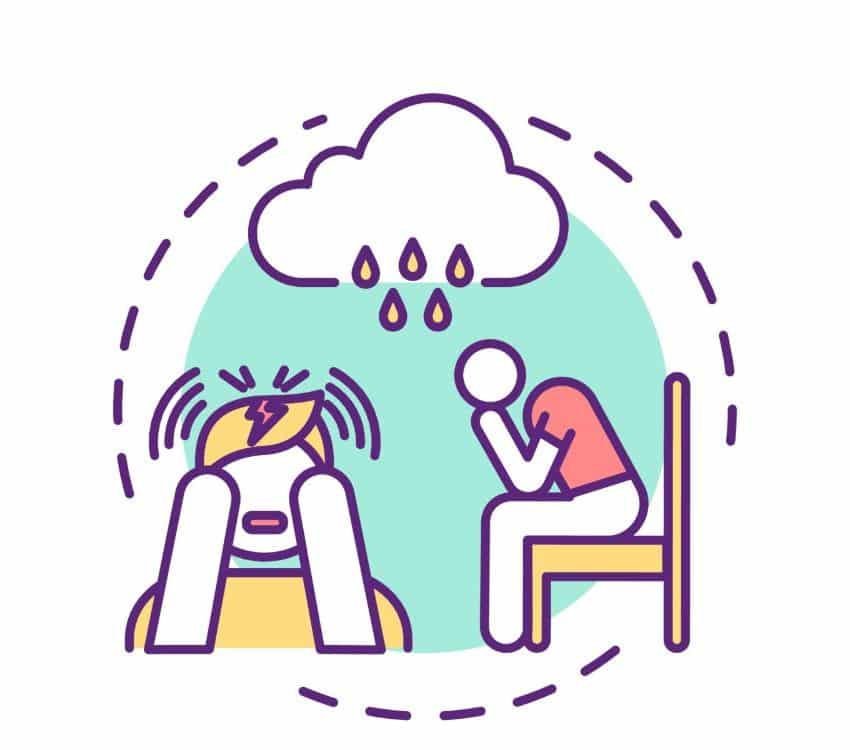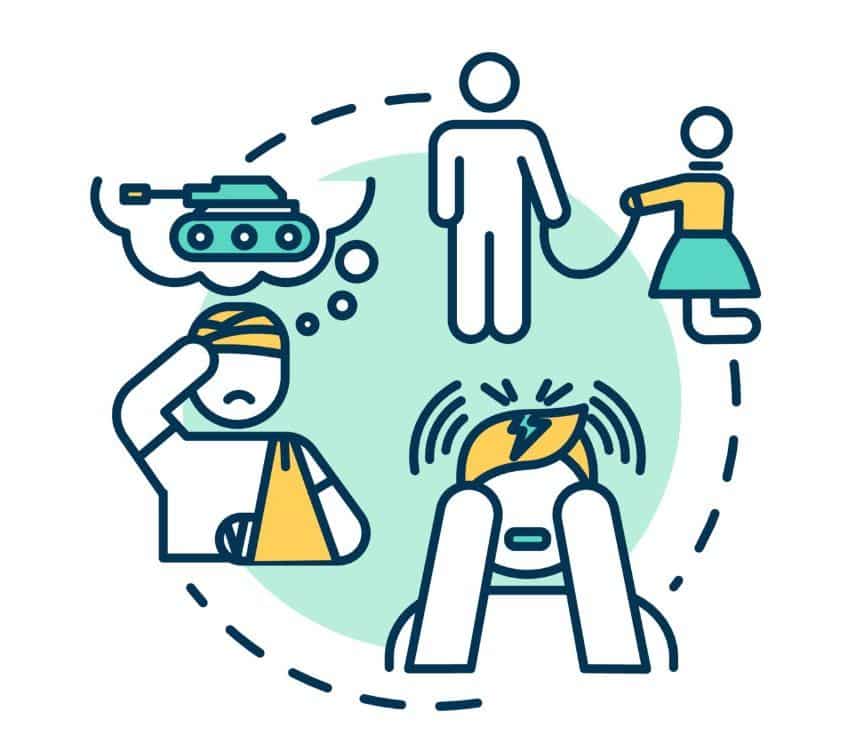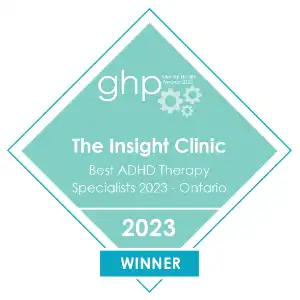Is Neurofeedback Unfounded Pseudoscience?
Neurofeedback is an innovative therapy that attempts to get subjects to control their brain waves consciously, helping them to calm down and overcome a host of mental ailments, particularly anxiety.
It involves placing electrodes on their scalps, showing them their brain outputs and then getting them to adjust their thought patterns, using feedback from a monitor, to improve how they feel.
In the clinic, many patients report feeling less anxious and more at ease after just a single session.
For years, clinics used the method with great success. However, the dark clouds of doubt have been amassing recently, and people are becoming more skeptical of the technique.
This post asks whether claims that neurofeedback is unscientific are true. First, we present the evidence in favour (demonstrating its basis in science) and then explore why people are skeptical.
The Evidence for Neurofeedback
The evidence for the efficacy is extensive for some conditions. Wahbeh et al. published a review of four studies exploring the impact of biofeedback on post-traumatic stress disorder (PTSD).
Three of the four studies they identified found that symptoms of PTSD were significantly reduced after neurofeedback therapy.
Patients who underwent between six and twenty-eight 20 to 30-minute sessions appeared to have clinically reduced symptoms across various domains.
Only in the fourth study, which had a small sample of 13 refugees, was there no difference between the control and the neurofeedback group detected.
There is also clinical evidence that it may help to alleviate depressive symptoms. A study by Breach, for instance, found that patients treated with ten weeks of biofeedback sessions experienced reductions in depressive symptoms at the end of treatment.
However, the difference between the control and treatment groups did not reach statistical significance.
Another non-RCT looked at the effects on over 100 elderly Thai patients with depression. Participants in the study received five weeks of treatment twice a week for 30 minutes in each session.
Researchers then evaluated their symptoms using the Thai variation of depression assessment scales. By the end of the treatment, observers found reductions in depression cognition and depressive symptoms score in the neurofeedback therapy group but not in the control group.
However, because of the absence of baseline characteristics detailed in the study, researchers could not analyze the between-group differences between the control and treatment groups.
Why Some People Are Skeptical of Neurofeedback
Skepticism of the value of neurofeedback appears to come from three major sources: a lack of relevant scientific studies, the application of neurofeedback to conditions it is not meant to treat, and the reliance on clinical data.
Neurofeedback is not a panacea for all cognitive issues. Rather, it was originally intended to treat attention-deficit hyperactivity disorder (ADHD).
It has since been used to deal with more generalized dysregulation of brain waves associated with traumatic memories. As such, practitioners have deployed it for insomnia, depression, anxiety, epilepsy, and other mental health issues.
Unfortunately, there has been a lot of quackery in using neurofeedback protocols. Many of these claim to be effective but aren’t.
Moreover, many practitioners escape FDA scrutiny because they claim that neurofeedback is merely a relaxation technique and not meant to treat any known medical conditions.
The second reason people are skeptical of neurofeedback is the lack of scientific studies that have been done on it.
While randomized controlled trials are looking at how the therapy can address some mental health complaints, there is a lack of evidence for others.
For instance, an authoritative review by the Canadian Agency for Drugs and Technologies in Health, Neurofeedback and Biofeedback for Mood and Anxiety Disorders: A Review of the Clinical Evidence and Guidelines – An Update, found that few studies, if any, had been conducted on the effectiveness of the therapy.
Lastly, many people are skeptical of neurofeedback because of what they perceive as excessive reliance on clinical testimony. Doctors and patients may be convinced that the treatment works, but some commentators will always have doubts until comprehensive scientific evidence suggests it does.
The Bottom Line
Scientific studies investigating the efficacy of neurofeedback are limited, and those that do exist tend to have poor designs.
Furthermore, researchers tend to overlook clinical evidence, regardless of how compelling it may appear, preferring to focus on the limited number of high-quality studies available.
More studies must be done to prevent the claim that neurofeedback is unfounded pseudoscience.
Conclusion
Is Neurofeedback Unfounded Pseudoscience? Get the answers to this and more at The Insight Clinic. Contact us today for answers or to get started on a healthier life.

























